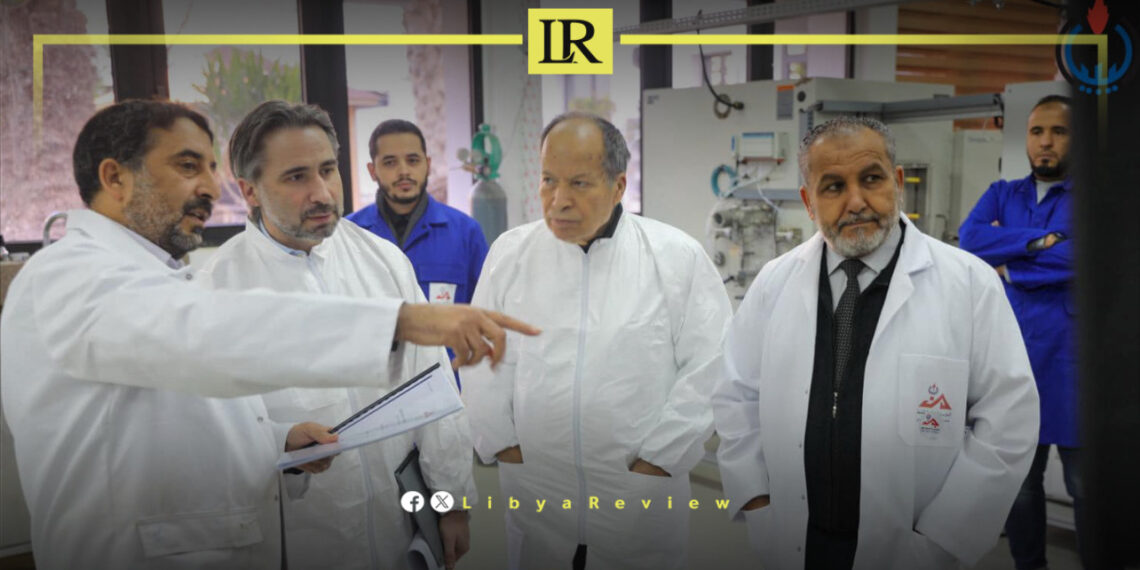A delegation from the American company Core Laboratories, representing its branch in Aberdeen, United Kingdom, recently visited the Oil Research Centre in Tripoli to strengthen cooperation and exchange expertise between the two sides.
According to a statement from the National Oil Corporation (NOC) on its official page, the visit included a comprehensive tour of the centre’s laboratories and facilities. The delegation examined state-of-the-art equipment and tools used in providing laboratory services and conducting technical studies related to the oil and gas sector.
The visit also featured in-depth discussions with experts and specialists at the centre. These discussions focused on advanced technologies, best scientific practices, and expanding opportunities for future collaboration, particularly in research and development. The talks emphasised leveraging modern technologies to enhance the efficiency of operations in Libya’s oil sector.
The NOC emphasised that this visit is part of its broader efforts to develop Libya’s oil sector through partnerships with leading international companies. The goal is to enhance the technical and research performance of the Oil Research Centre and benefit from the latest innovations in the field.
Libya has been in chaos since a NATO-backed uprising toppled longtime leader Muammar Gaddafi in 2011. The county has for years been split between rival administrations.
Libya’s economy, heavily reliant on oil, has suffered due to the ongoing conflict. The instability has led to fluctuations in oil production and prices, impacting the global oil market and Libya’s economy.
The conflict has led to a significant humanitarian crisis in Libya, with thousands of people killed, and many more displaced. Migrants and refugees using Libya as a transit point to Europe have also faced dire conditions.
The planned elections for December 2021 were delayed due to disagreements over election laws and the eligibility of certain candidates. This delay has raised concerns about the feasibility of a peaceful political transition.
Despite the ceasefire, security remains a significant concern with sporadic fighting and the presence of mercenaries and foreign fighters. The unification of the military and the removal of foreign forces are crucial challenges.


